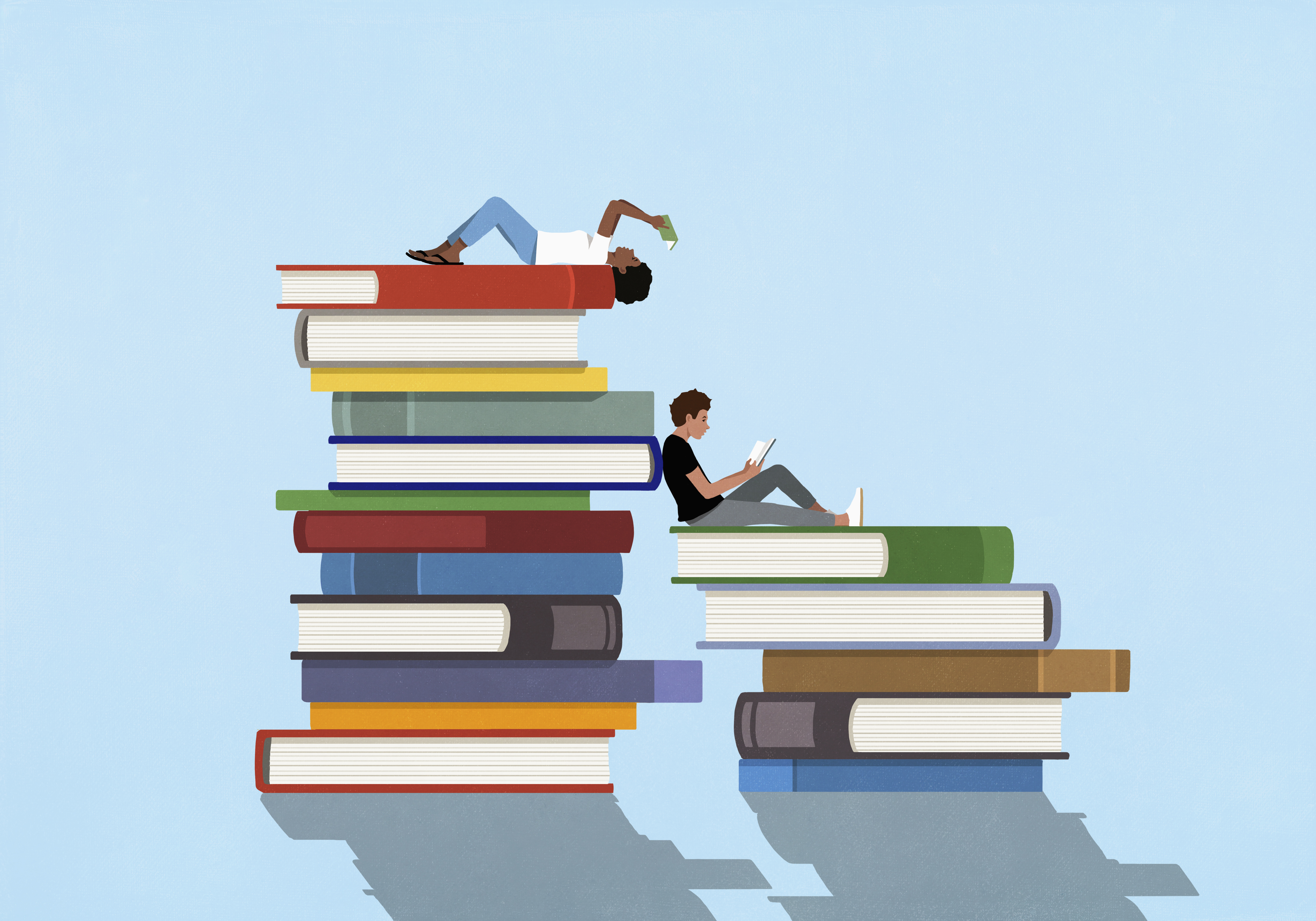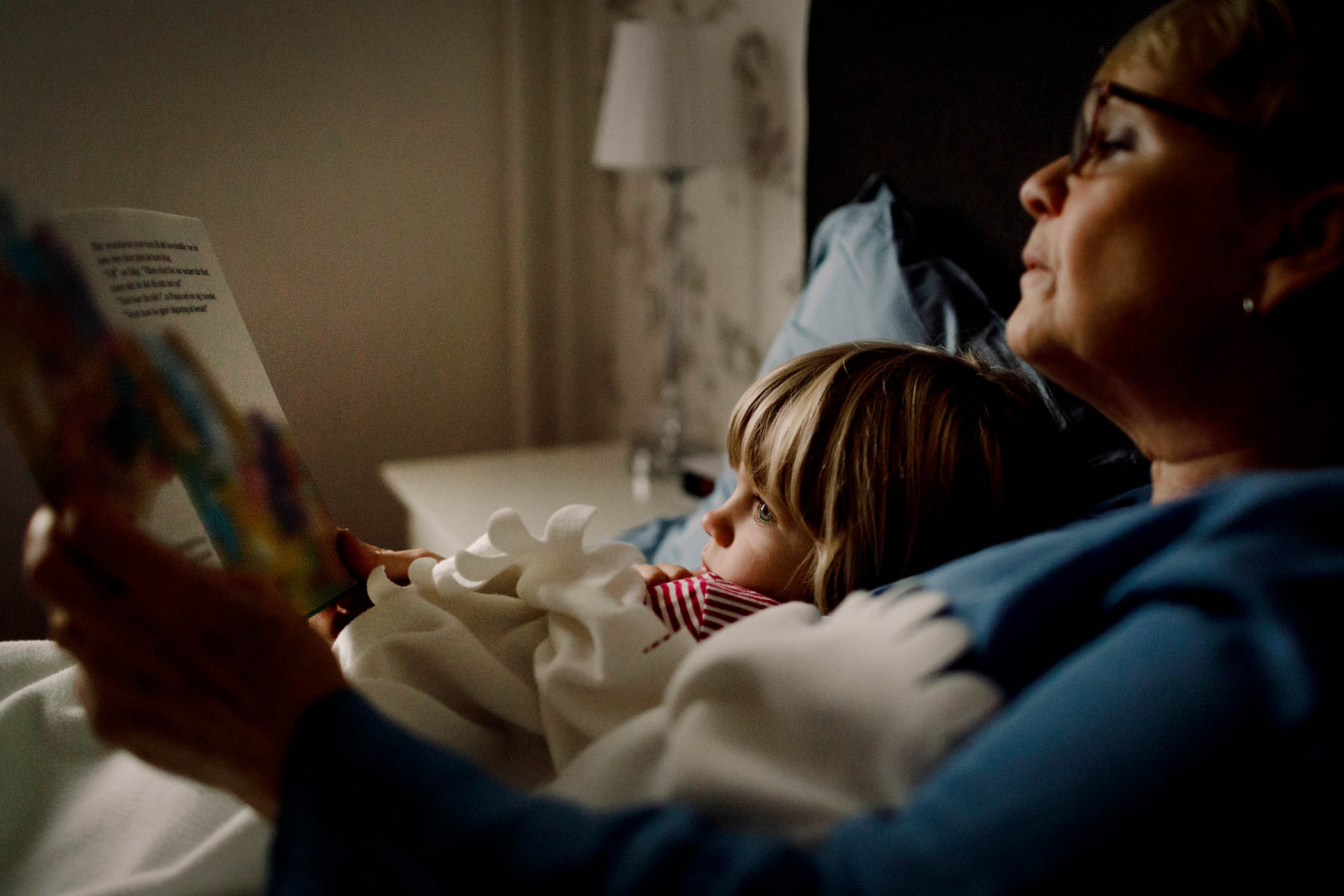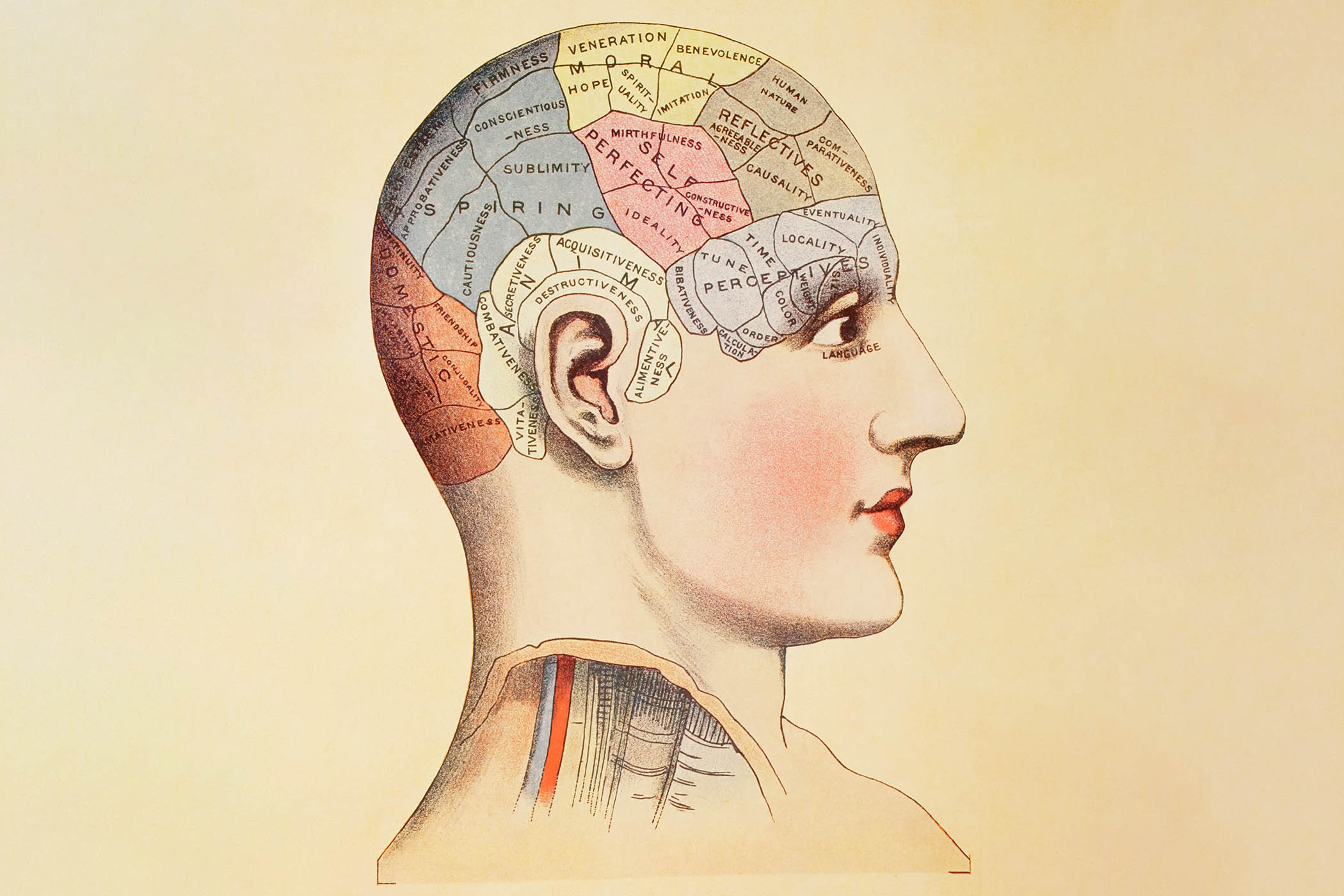I enjoy the self-help section in bookshops. I hover, watching the body language of fellow browsers, making assessments of how far along their journey they are. They do the same about me.
The most popular books of all time have been self-help. (I could argue the Bible is self-help. But I wouldn’t be helping myself.) At some point – the 80s? – the genre became a byword for losers. Striving was repellent. Our ideal was to be naturally popular and put-together, at ease in all environments, able to coolly disown ambition whilst secure in success. Sadly, the only people who can remotely sell this illusion are children of the already rich and powerful. And even they have social anxiety now.
Books are good. Helping yourself is good. Hard to see the problem here. Therapy is good, too, but this isn’t an either/or situation.
The worst self-help books are earnest, narrow, over-prescriptive. Many of them are about business (I’ll summarise their advice: take on boring remote work and underpay a PA in Chennai to send your emails). You can’t damn a genre on its stinkers. I don’t hate movies because I saw Aquaman.
At best, they address agonies of the heart. The chaos of a family. The mystery of a self. How not to waste the best in us, how to make peace. To open one of these is to cast aside shame. We’re all looking for answers. The self-help section is a taxonomy of where it hurts, a profoundly tender place. And a great spot to make friends, because everyone’s always free for a drink.
Photograph by Getty Images
Newsletters
Choose the newsletters you want to receive
View more
For information about how The Observer protects your data, read our Privacy Policy



